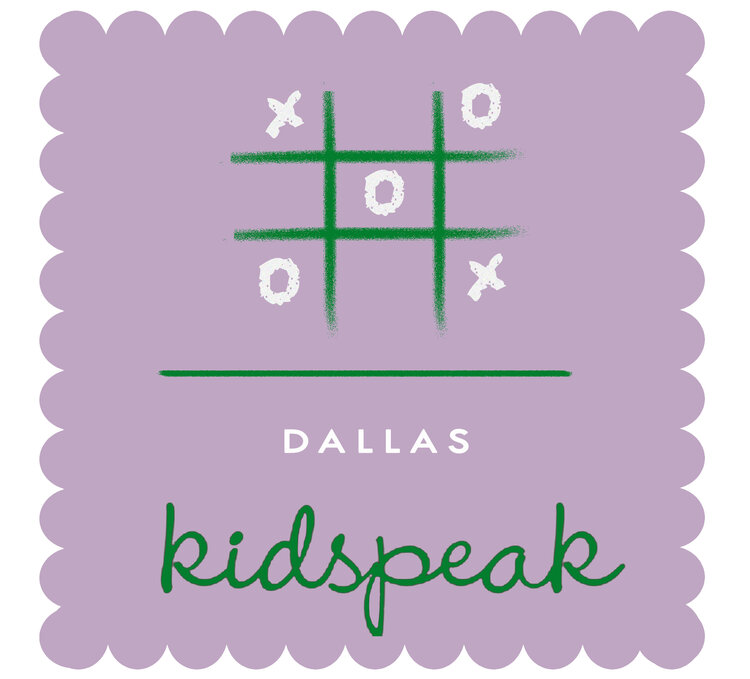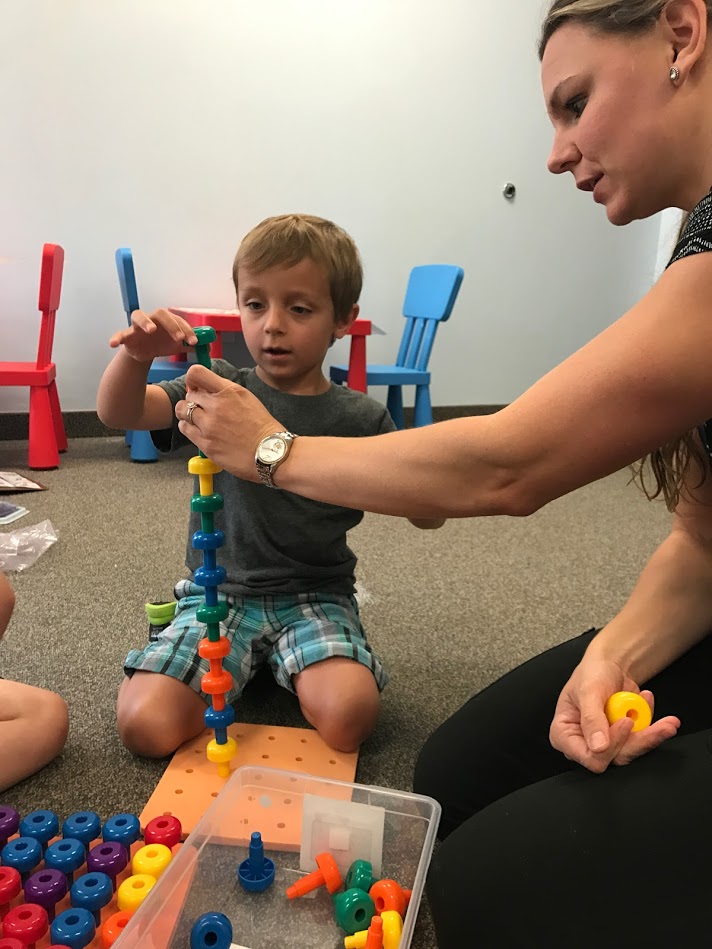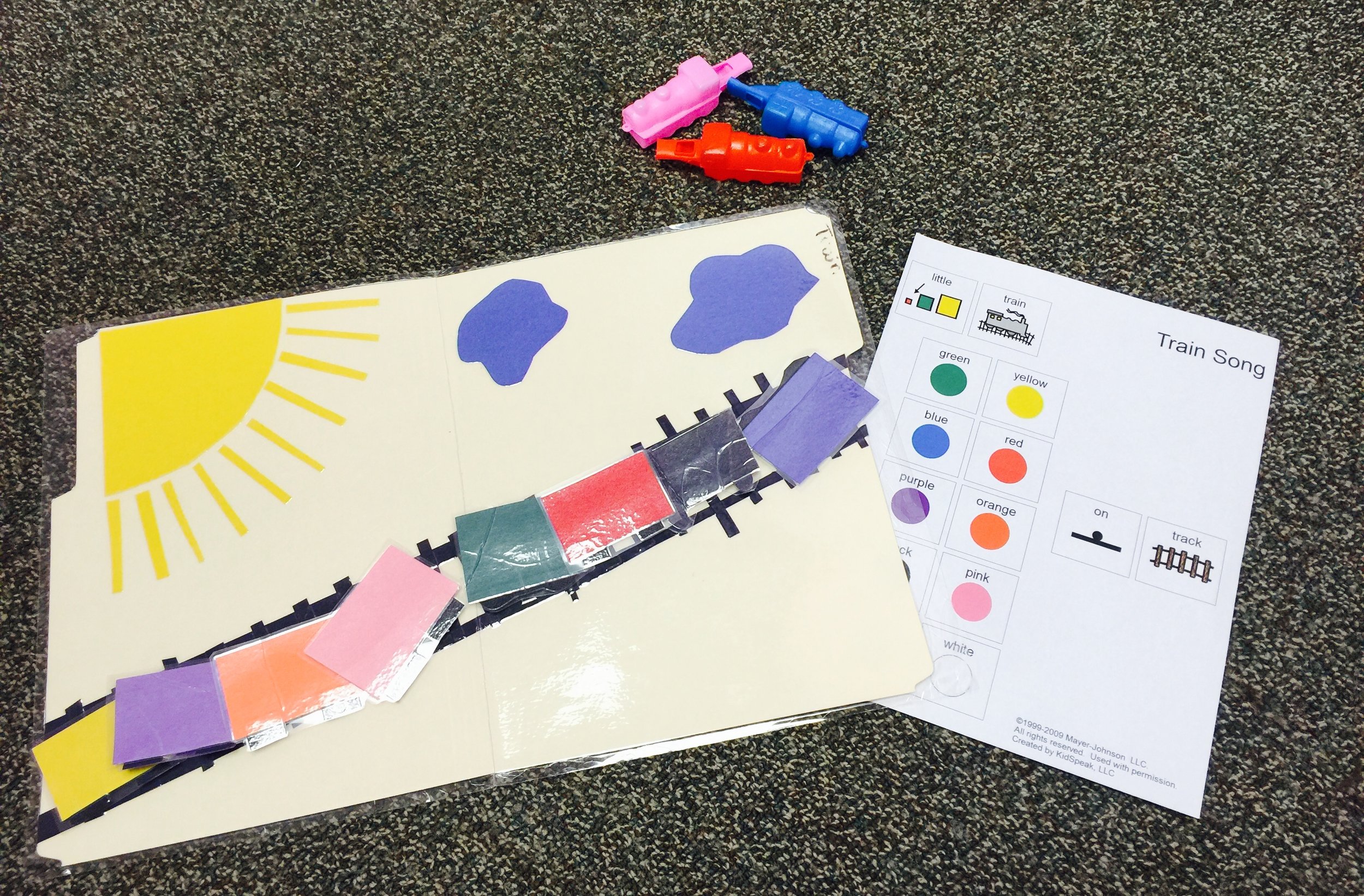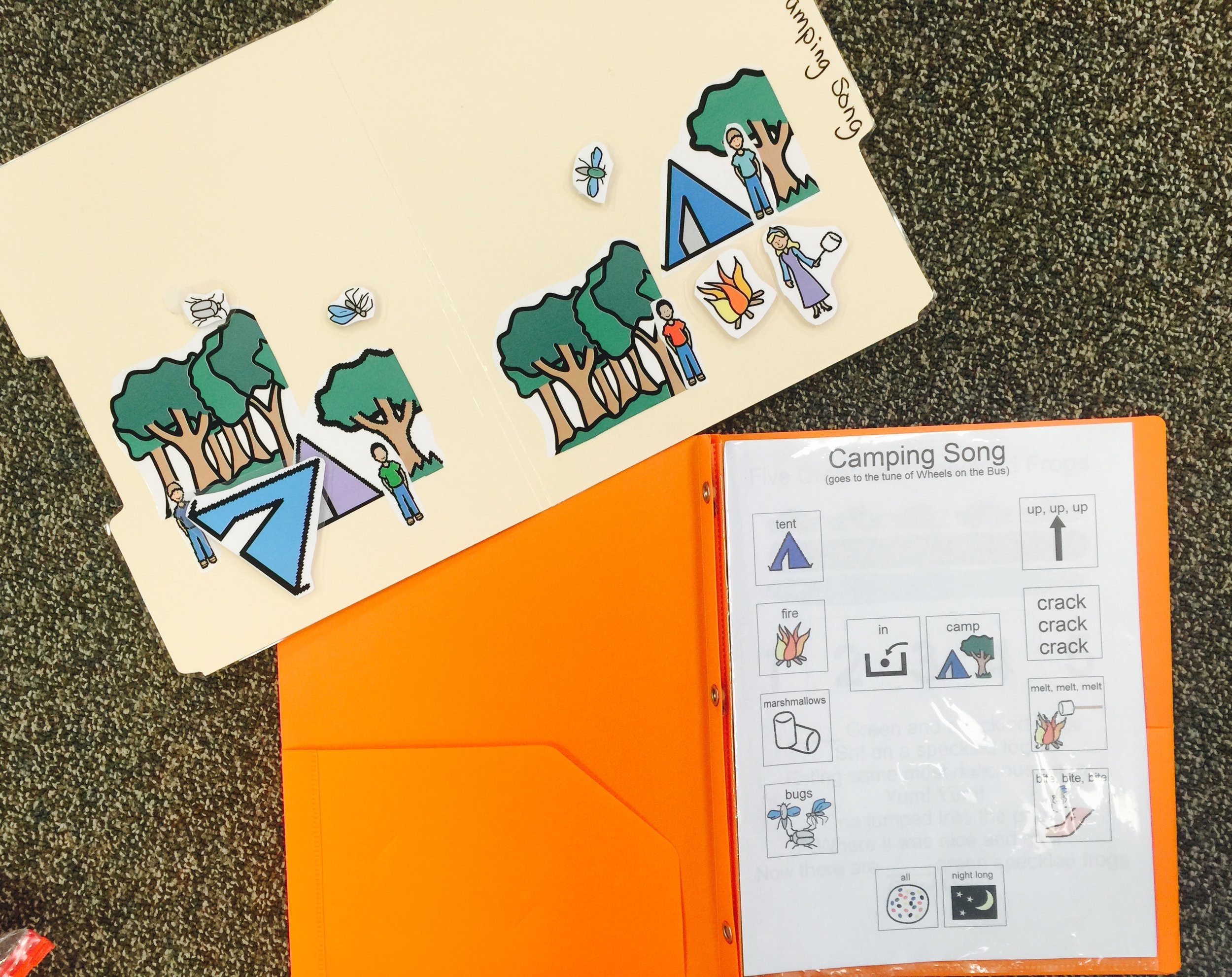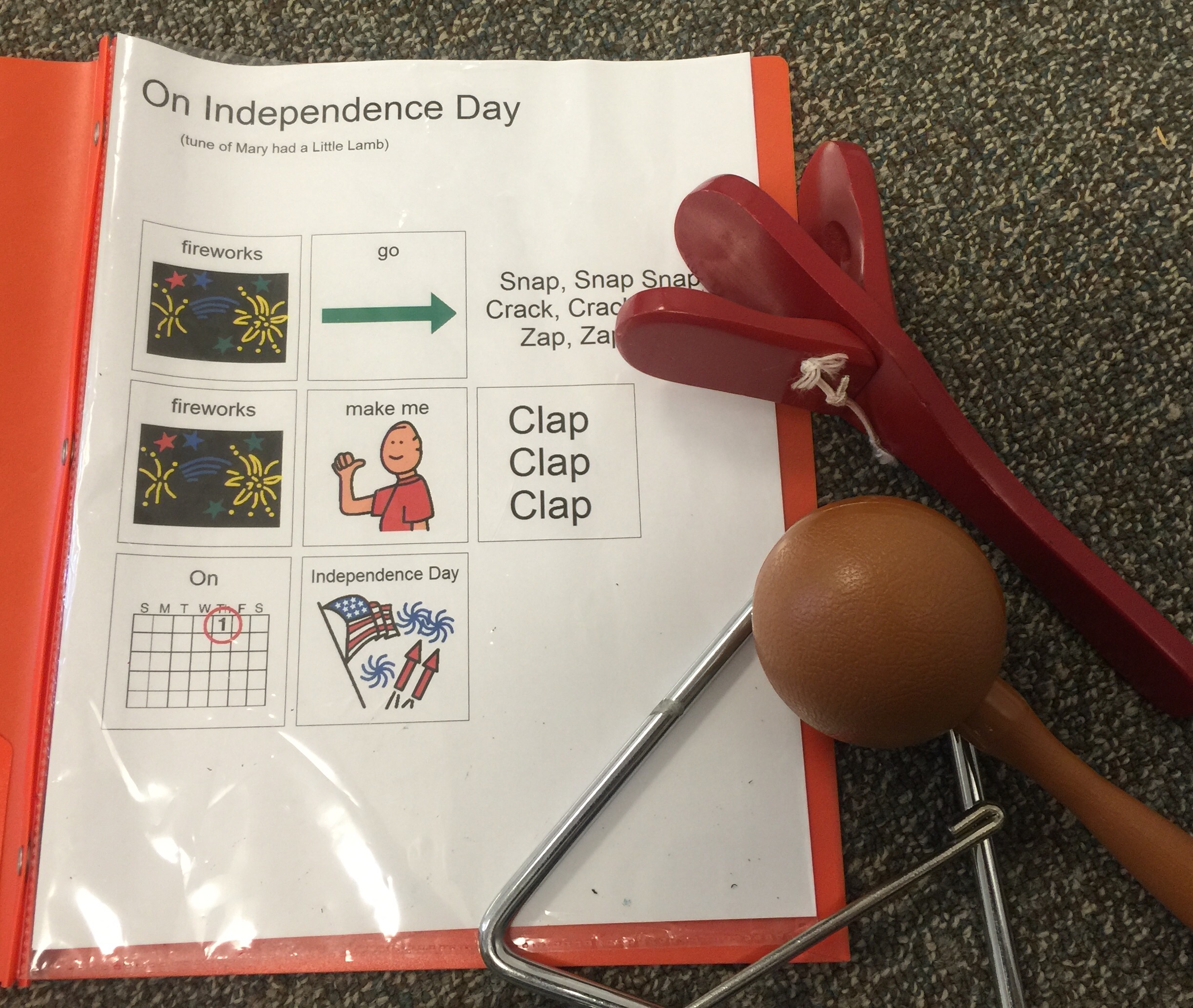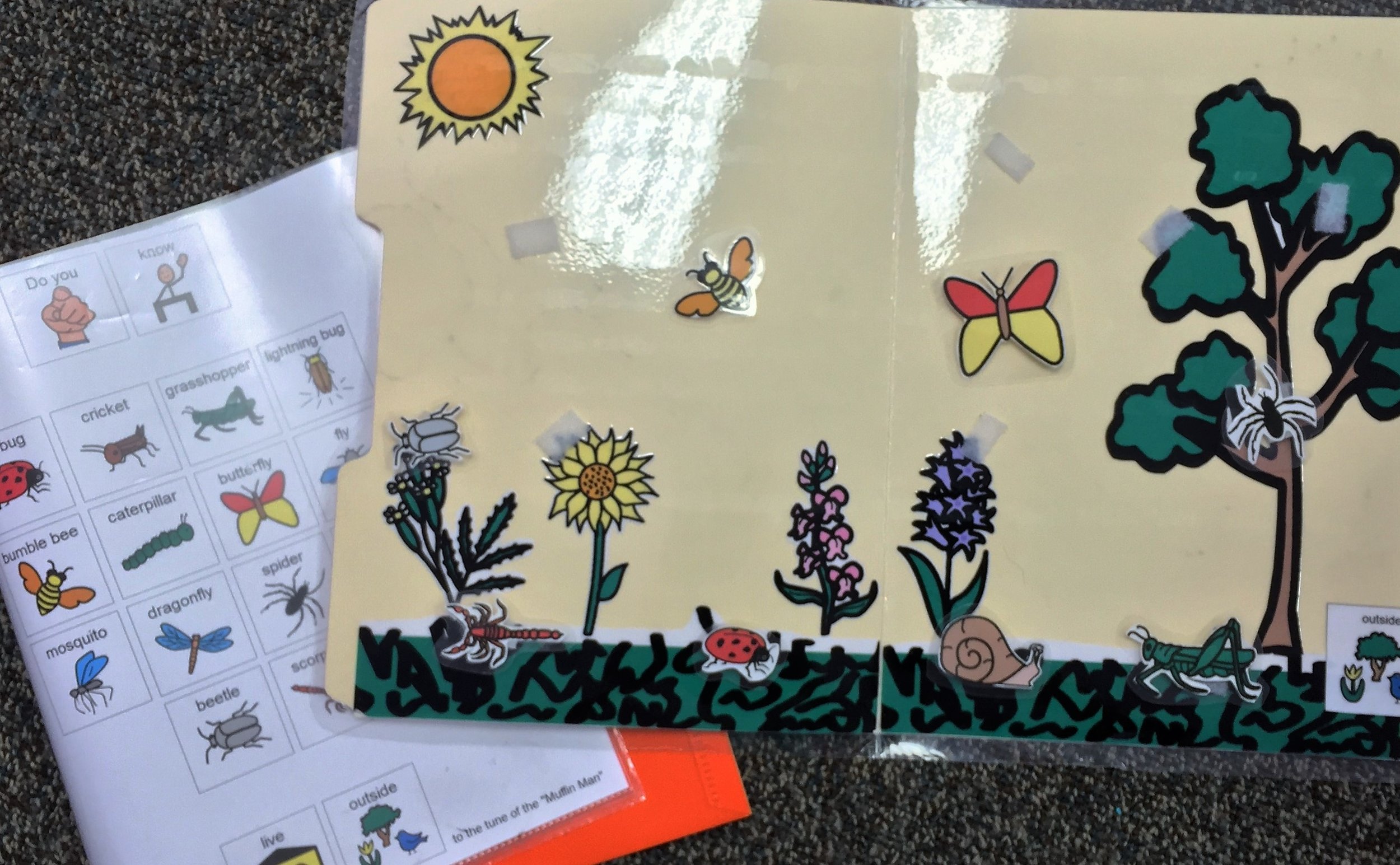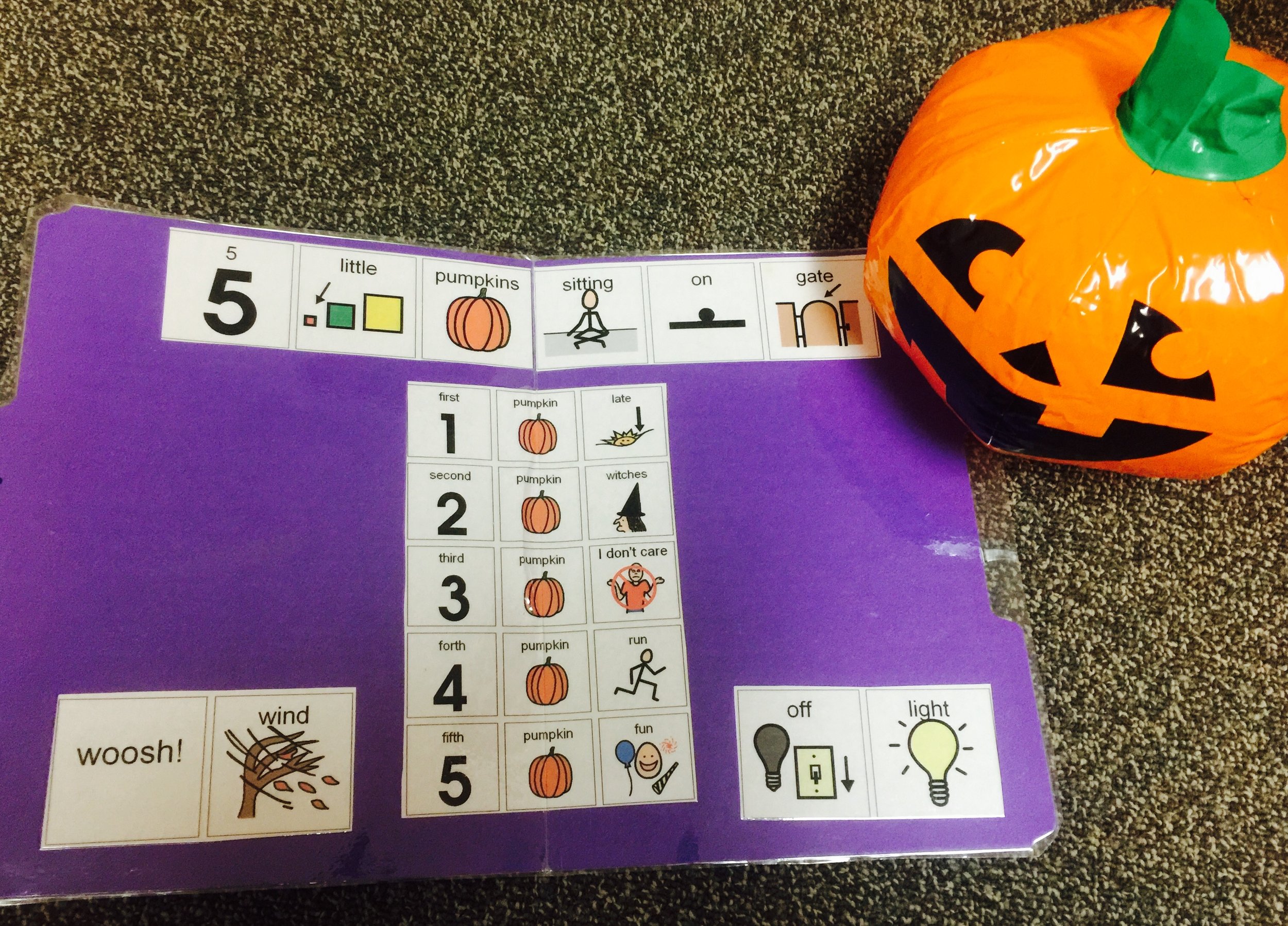We challenge you to find one person that doesn’t like music. Seriously…..it’s pretty much impossible. Everyone likes at least one genre of music, if not several. As adults, music can serve many different purposes. It can be for pure enjoyment. Music can help with our emotional states….it can calm us down and decrease our stress. Music can pep us up and get our energy booming. Music can help us focus on important tasks. Music can be a social outlet for us. Music can also help us learn. This is the same for children!
When we first began to work with children with autism spectrum disorder, ADHD, anxiety, learning difficulties, and language disorders Laura and Amanda both quickly came to realize the power of music. Not only did the children LOVE music……but it HELPED them in so many ways.
You may notice your child has a certain glimmer in their eye when they hear a song. You may notice your child smile a whole, whole lot during music time. You may notice your child bumping to the beat of the music in the car. You may notice your child engaging more with you when you are singing to them. You may notice that music helps your child be a part of your world.
At KidSpeak, we use music as a constant support to help our children in a variety of different ways. For example:
-We sing instructions. Many times our kids have a hard time following commands and instructions. Instead of just saying the instruction, we sing the instruction too. For instance: “Everybody come sit down, come sit down, come sit down. Everybody come sit down, find a chair!” and of course the ever so popular and effective: “Clean up, clean up, everybody everywhere. Clean up, clean up, everybody do your share!” You can really make up any tune to any direction you want your child to follow.
-We sing about what we are doing. Instead of just narrating what we are doing with words to model the language for our children and to help the children understand the language, we also sing about it. For instance: “Color, color, color. Color, color, color. Color, color color. Color with blue!”
-We sing safety rules. Safety awareness can be very difficult for our children to understand. Try making up a fun song to address any safety issue. For on the playground, you can sing, “We walk around the swingers. We walk around the swingers. We walk aroooound the swingers at the park!” to help your child learn to not walk in front of a child swinging so they do not get hurt.
-We sing how to play. Singing about how to play can not only help your child participate within the play, but it can also help them understand what is going on. “Build a tower up so high. Up so high. Up so high. Build a tower up so high. Knock it down.”
-We sing to engage our children. We use “Music Time” frequently within both our individual and group therapy sessions. Music in general is an age appropriate, fun activity for children and it’s used within school settings for a reason. At Music Time, we use songs to increase the children’s joint attention, participation, turn taking and more.
-We sing to increase Theory of Mind skills: You can sing about different people and their different characteristics to help your child realize and learn that other people in the world exist, that these people are different than me and that these people have different feelings, likes and dislikes than me. Start simple and sing about other people’s clothing. “Joey is wearing his blue shirt, his blue shirt, his blue shirt. Joey is wearing his blue shirt and brown pants too!”
We have observed some children pick up on a song we sing, use it as their transactional support and function wonderfully with that song. Then when we start to fade the song out and use it less, the child starts to sing the song spontaneously to themselves when they need it! They start to independently initiate using their own transactional supports. Again, if only life was a musical!
Verbal communication may be a challenge for your child. Music can be a great tool to get your child’s brain and speech articulators warmed up and moving. Try singing a song and letting your child fill in the blanks with single sounds or words. This is a great start for verbal commenting if your child has a difficult time responding to just your spoken verbal language.
Sure, just like adults and typical children, some children with autism are more musical than others, but music will only help your child. Music is an easy tool we can use on a daily basis. Really if you sing all day long to your child, that would be a GOOD thing! It may feel a little (or a lot) ridiculous at first but trust us, your child will LOVE it and will HIGHLY benefit from it. It will start to feel more natural with time and practice. Try it out! Make up some songs as you go along with your daily life and stick with them. You will soon be thinking to yourself, “if only life was a musical!”
KidSpeak, LLC
